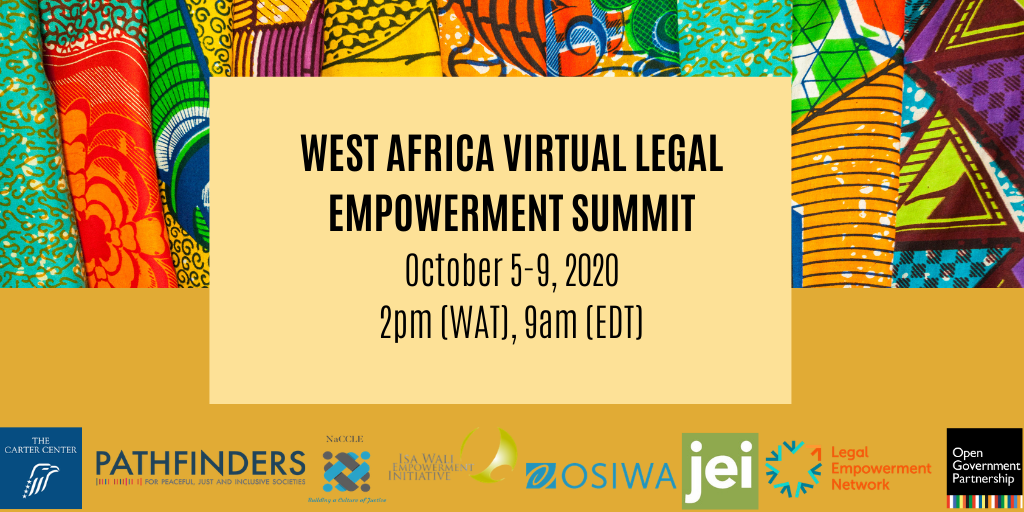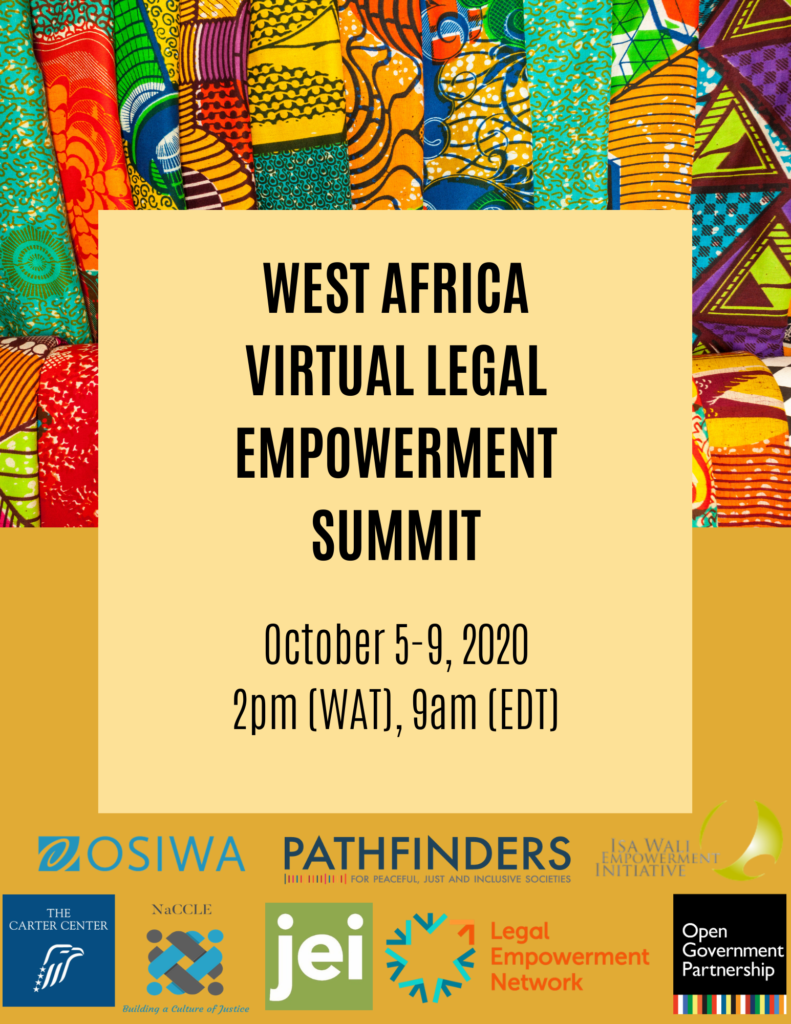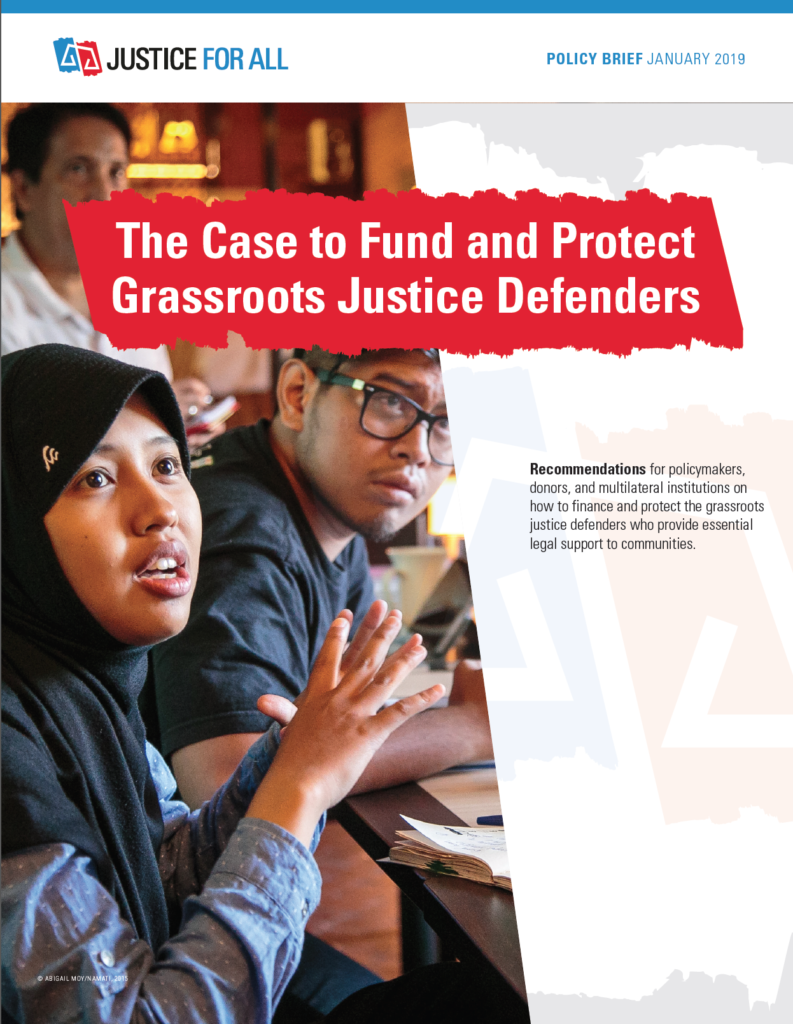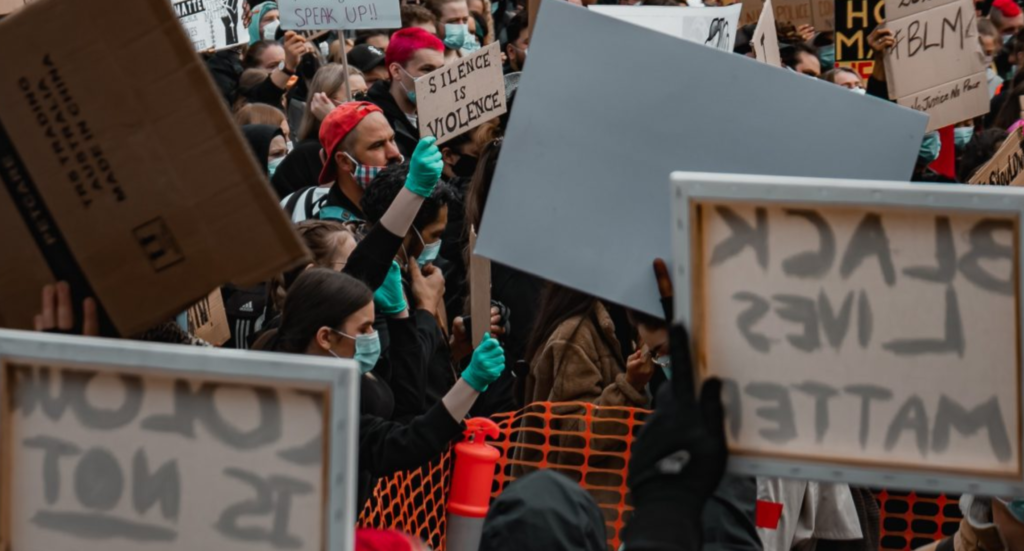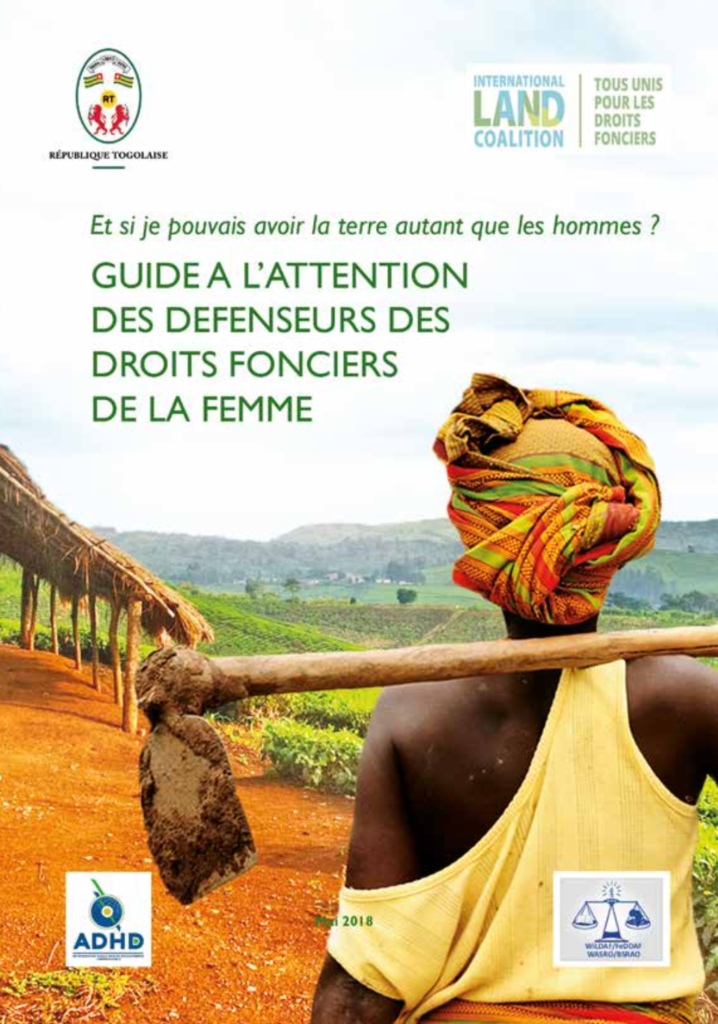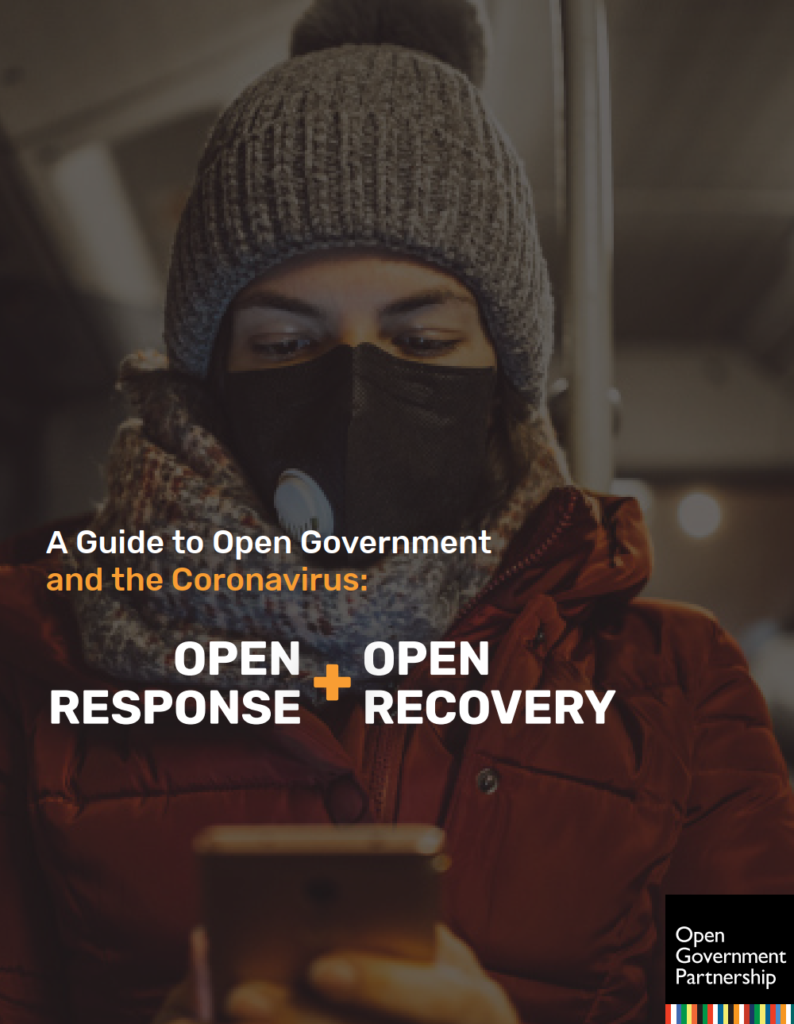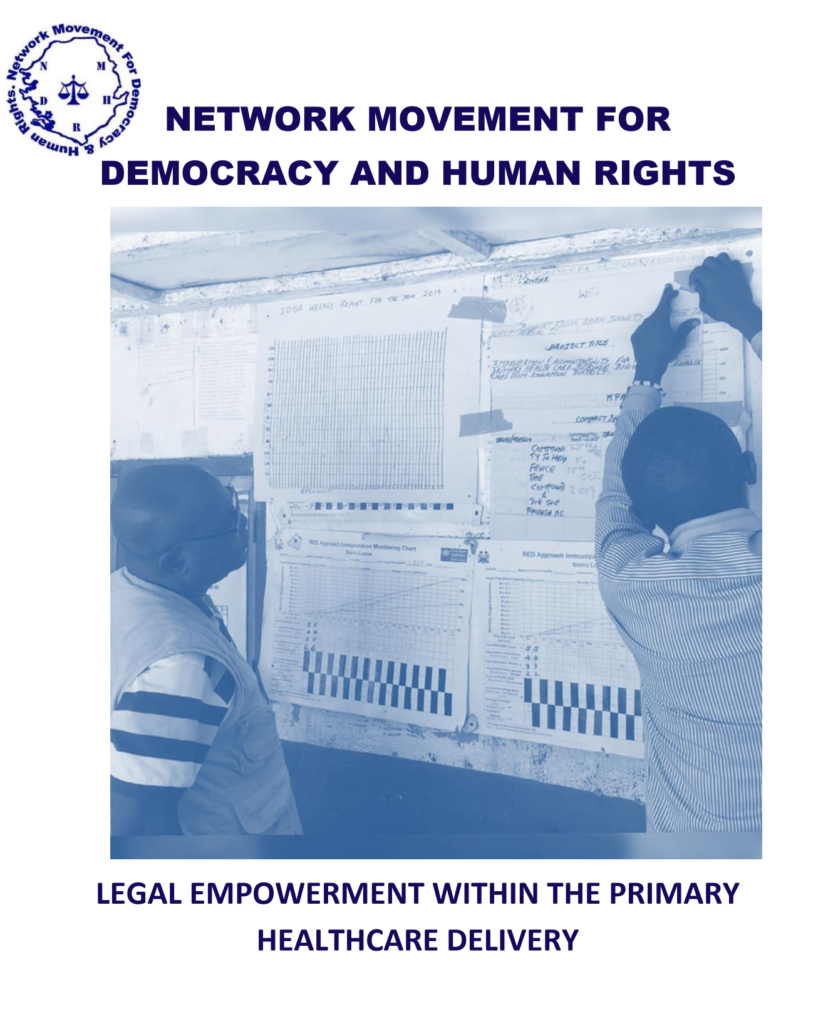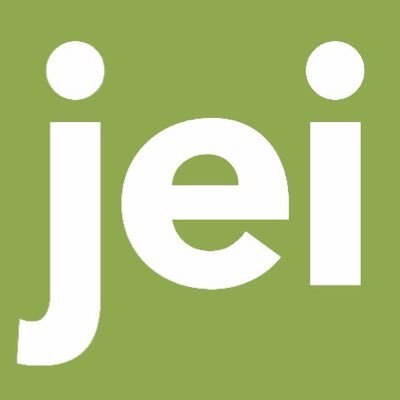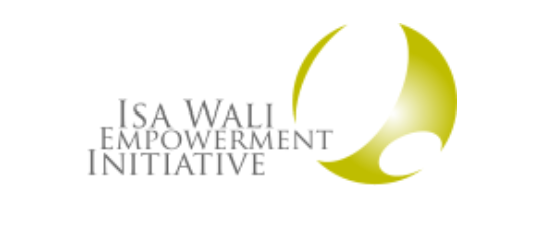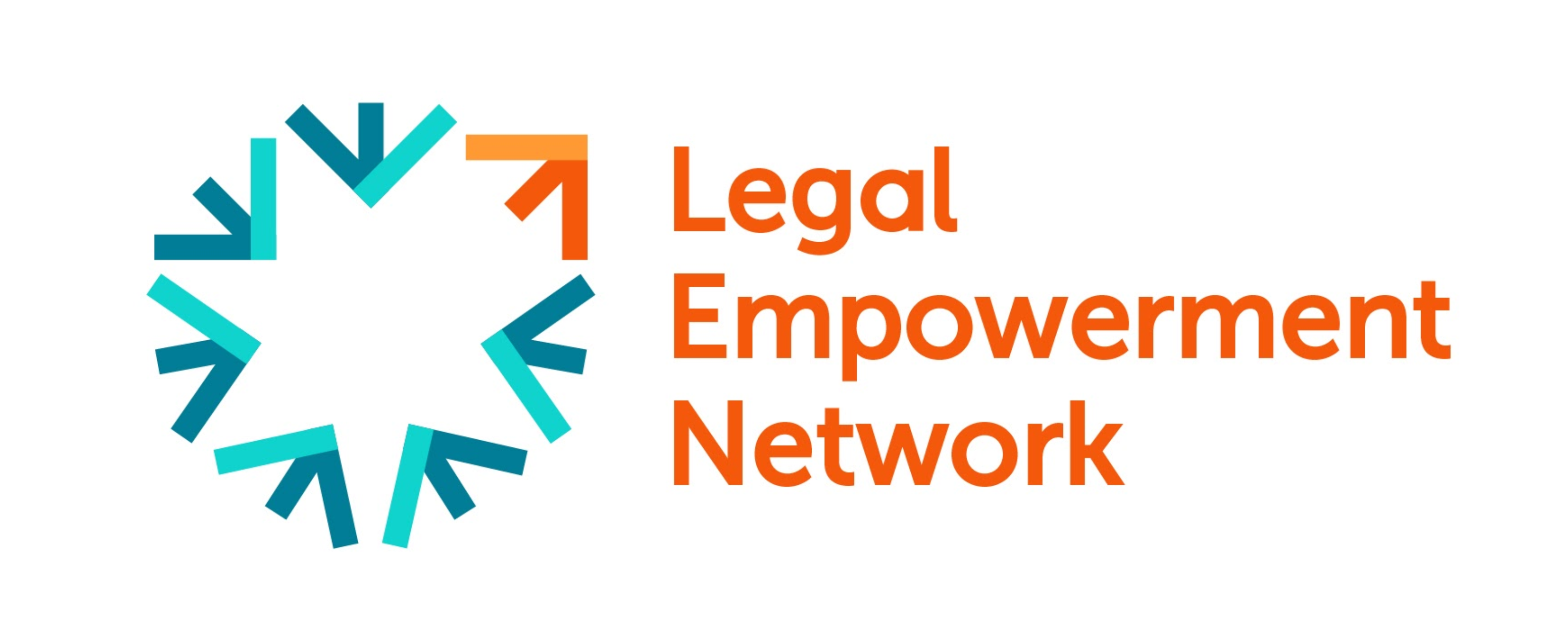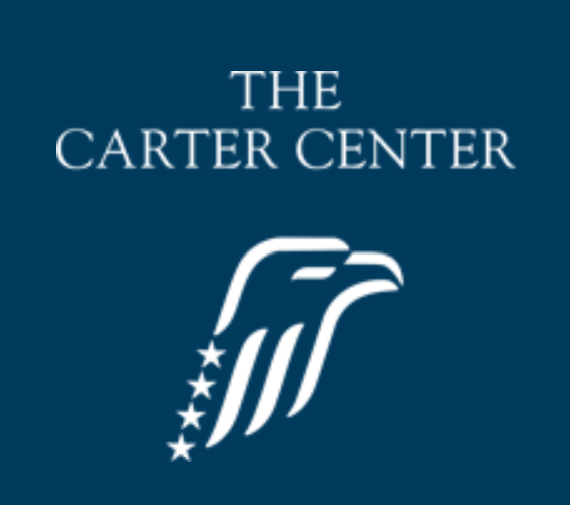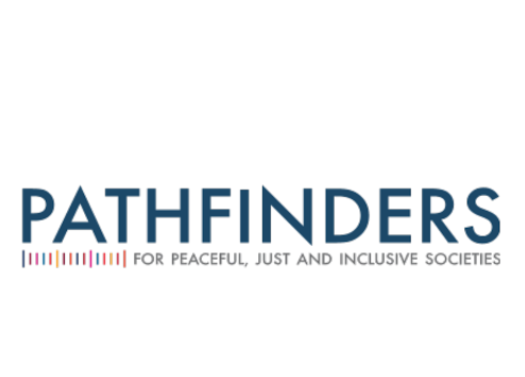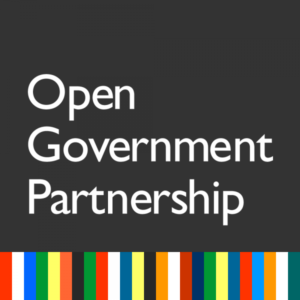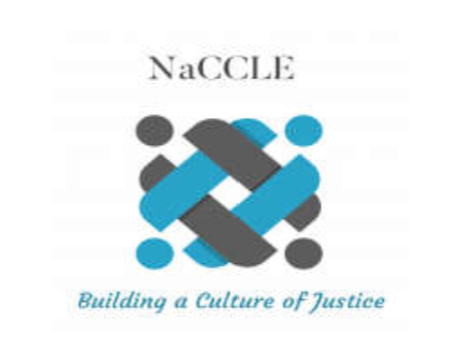Community Paralegals Advancing Access to Justice for the Poor
The Justice for All Report calls upon all countries and partners from all sectors to work together to prevent and resolve people’s justice problems while using justice systems to help people, communities, and societies fulfill their potential. A people-centered approach to justice can help close the justice gap for the 5.1 billion who lack meaningful access to justice and help transform how governments serve their citizens.
Across West Africa, numerous organizations work at both grassroots and national levels to promote access to justice for marginalized populations including the urban and rural poor, persons living with disabilities, sex-workers, the LGBTI community, and others. While each organization’s strategies and tools are distinct to meet the specific needs of the populations they serve, they all use elements of legal empowerment to promote legal awareness, education, and support advocacy initiatives aimed at placing communities at the center of solving their own justice and development challenges. Nevertheless, formal and informal justice systems remain out of reach for many.
Access to justice for all in the region is further challenged by the unprecedented COVID-19 global pandemic. The pandemic poses a tremendous threat not only to public health and human rights, but also to global justice. Major COVID-related shocks dealt to justice systems, both formal and informal, have posed unique challenges and obstacles that threaten to widen the global justice gap. However, where there are pitfalls, there are also opportunities for innovation and recalibration towards people-centered justice. As reinforced in the Justice for All and the Public Health Emergency briefing, justice workers and systems on the frontline of the pandemic must work together and support each other through this difficult challenge and ensure that justice remains at the heart of building back better. The values of transparency, accountability, and participation must also remain at the center of responses, with good examples of how some countries are doing so in the Open Government Guide and the Coronavirus: Justice.
In an effort to bridge the justice gap, a group of local, national, and international CSOs have come together to organize an Inaugural West Africa Legal Empowerment Summit seeking to bring together paralegals and organizations that support paralegals from across West Africa to begin a regional conversation on legal empowerment, and how together, we can better face common challenges and realize our collective aspirations in making access to justice a reality for all.
Further supporting this initiative at the regional level – the 2004, the Lilongwe Declaration on Accessing Legal Aid in the Criminal Justice System in Africa underscored the role of paralegals in providing access to justice, and sought to ensure that quality standards were developed. In 2017, the Africa Declaration on Collaboration Between the Judiciary and Indigenous/Home-Grown Community Justice Institutions made considerable mention of community-based paralegals and the role that they play in the region’s justice systems, especially at a local level as “enablers of healing, reconciliation, peace-building and mediation” and drivers of legal empowerment.
Also signaling that the time is ripe for an inaugural summit in the region, the Economic Community of West African States (ECOWAS) Commission is in the process of developing a regional framework on Access to Justice and rule of law, which will guide ECOWAS member states in policy development. It is critical that legal empowerment organizations in the region exchange their experiences, harmonize good practices, and ultimately advocate for an enabling, efficient framework for community paralegals to thrive in West Africa’s justice systems.
Objectives of the Summit
- Share experiences, best practices, and challenges from legal empowerment projects throughout the West African region
- Develop policy agenda priorities for harmonization at the regional and national level in West Africa on paralegals and legal aid
- Establish technical skills sharing through a peer network
- Exchange on innovative solutions utilized by community paralegals
- Examine performance best practices and M&E solutions
- Brainstorm on sustainability initiatives
Outcomes
Potential outcomes include:
- Declaration statement of priorities presented to the Ministers of Justice of the West Africa region
- People-centered justice solutions integrated into national COVID-19 responses and strategies
- Joint Action Plan for West Africa Practitioners
- Individual commitments by practitioners & organizations on access to justice for all
- Commitment by practitioners and governments in the region to engage with OGP Action Plan processes in advancing access to justice as an integral part of opening government to citizens
Format
The format will be a series of 1.5-2 hour virtual gatherings (total of 5) over a one-week period beginning October 5, 2020. Participants will include representatives of legal empowerment and paralegal support organizations from anglophone and francophone West Africa. Representatives from government, civil society, and the donor community will also participate in the sessions. The format will be interactive to enable a discussion between moderators and participants.
The organizers seek to convene an in-person summit to follow-on this virtual summit when doing so becomes safe and practicable – in order to continue building regional momentum around collective access to justice priorities.
Agenda
A survey was conducted in advance of the virtual gathering to capture the priority interests of participating organizations and to help inform the development of the agenda and topics for discussion. The sessions to make up the agenda are informed by the survey.
1: Monday, October 5: High-Level Opening Session; Strengthened Partnerships with Government on Legal Empowerment: How Practitioners are Effectively Engaging
The high-level opening session will set the tone for the week and allow participants to introduce their work around the region and network.
This session will also explore how justice practitioners are effectively engaging with each other to address the legal needs of communities, and the opportunities and strategies for strengthening collaboration. It will also discuss why justice solutions that are transparent, inclusive, and accountable tend to be more impactful.
Click here to access session recording
2: Tuesday, October 6: Legal empowerment, COVID-19 and Beyond: Solutions to Challenges and Necessary Adaptations, including Technology
This session will explore adaptations and innovations that have been utilized in legal empowerment work; especially during the COVID-19 pandemic. The session will reflect diverse experiences across both urban and rural contexts.
Click here to access session recording
3: Wednesday, October 7: Financing for Legal Empowerment: Options & Opportunities for Lasting Impact
This session will present sustainable financing options, including regional examples of public financing, both from donors and governments, social enterprises connected to legal empowerment organizations, and uses of various program innovations that achieve scale or cut costs and make programming more financially sustainable.
Click here to access session recording
4: Thursday, October 8: Benchmarking & Scaling Legal Empowerment Projects: Good Practices
This session will highlight various legal empowerment service delivery models, how they’ve been able to deepen impact, and what opportunities exist for sharing good practices and models across various partners moving forward.
Click here to access session recording
5: Friday, October 9: Closing Session – Regional opportunities, Networking and the ECOWAS Justice Agenda: Building West Africa Connections for Advocacy & Synergy
This session will draw together key lessons and priorities emanating from the substantive sessions. Justice sector actors from the region and national government, international and local organizations including grassroots justice actors will speak to commitments for the region, sharing, learning, collaboration, and the way forward. An outcome document capturing regional commitments and recommendations will be developed and shared with the public for their input.
Click here to access session recording
Featured Resources
Outcome Document of the West Africa Virtual Legal Empowerment Summit 2020
We, the participants of the West Africa Virtual Legal Empowerment Summit, assembled virtually from October 5-9, 2020 to begin a regional conversation on legal empowerment in order to discuss common challenges and realize our collective aspirations to make access to justice a reality for all. The ...
The Case to Fund and Protect Grassroots Justice Defenders
This policy brief offers recommendations for policymakers, donors, and multilateral institutions on how to finance and protect the grassroots justice defenders who provide essential legal support to communities. In every region of the world, these champions of legal empowerment—who mostly hail from civil society—are helping people to know, ...
Transparency and Accountability at the Frontlines of Justice
This document suggests how members of the Open Government Partnership (OGP) can move from advocacy to concrete commitments on policing. It assembles what has been done and what could be done to realize the OGP’s goals of inclusion, justice, and human rights through improved transparency, participation, and accountability. As ...
Justice Fact Sheet
OGP works to expand responsiveness, accountability and inclusion into all systems of justice. Justice is an emerging area in open government with a growing number of potentially high impact commitments. This Fact Sheet presents a snapshot of global progress and member-level examples of justice reform in OGP.
Guide a l'attention des Defenseurs des Driots Fonciers de la Femme
Pour améliorer les conditions de vie des femmes rurales, la Stratégie Nationale d’Engagement (SNE) entre les acteurs impliqués dans le foncier au Togo a retenu l’équité genre dans les droits fonciers comme une des priorités nationales. A cet effet, depuis 2013, elle a entamé des ...
A Guide to Open Government and the Coronavirus: Justice
This guide is a one-stop-shop for the best current resources on how open government projects and approaches can support tackling the pandemic. It draws on over 350 crowdsourced examples from the open government community and amplifies the work of ...
LEGAL EMPOWERMENT WITHIN PRIMARY HEALTHCARE DELIVERY
Network Movement for Democracy and Human Rights is a National Non-Governmental Organization with mission to promote human rights and governance issues through training, dialogue, advocacy, lobby, and campaigns to change the mindset of communities and increase their participation in governance so that development and peace can take ...

